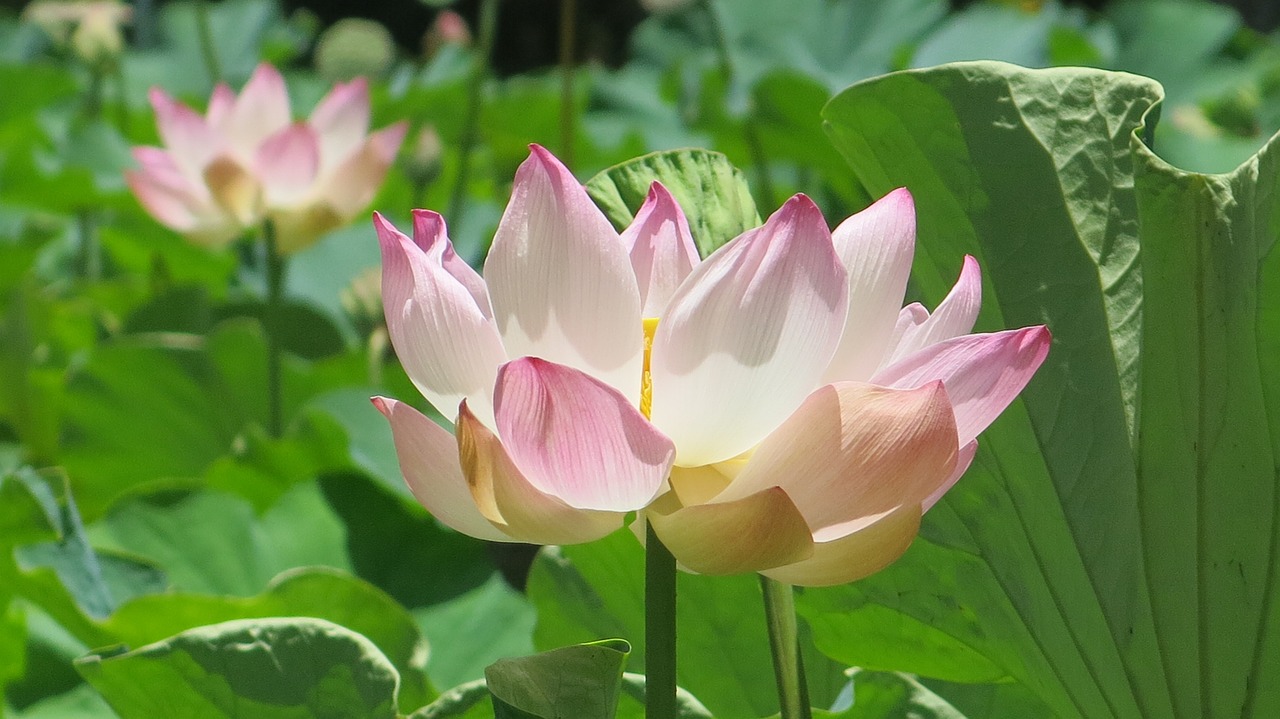Mauritius Video
Cultural Sensitivities: Understanding Local Norms in Mauritius
Mauritius, a beautiful island nation located in the Indian Ocean, is known for its rich cultural diversity and warm hospitality. To fully appreciate and respect the local culture, it is essential to understand and adhere to the cultural sensitivities and norms of Mauritius. This article aims to provide a comprehensive guide to help visitors navigate the cultural landscape of Mauritius and ensure a positive and respectful experience.
Language and Communication
Mauritius is a multilingual country with English, French, and Mauritian Creole being the most commonly spoken languages. English is widely used in business and government sectors, while French is predominantly spoken in formal settings. Mauritian Creole, a Creole language derived from French, is the mother tongue of most Mauritians and is commonly spoken in informal settings.
Understanding and using basic greetings in Mauritian Creole, such as “Bonjou” (Hello), “Merci” (Thank you), and “Aurevoir” (Goodbye), can go a long way in building rapport with the locals. It is also advisable to learn a few basic phrases in French and Creole to facilitate communication and show respect for the local culture.
Religious Practices
Mauritius is a religiously diverse nation, with various religions coexisting harmoniously. The major religions in Mauritius include Hinduism, Christianity, Islam, and Buddhism. It is important to be mindful of religious practices and customs when visiting religious sites or interacting with locals.
When visiting Hindu temples, it is customary to remove your shoes before entering and to dress modestly. Women are advised to cover their shoulders and avoid wearing revealing clothing. It is also respectful to seek permission before taking photographs inside the temple.
Similarly, when visiting mosques, it is important to dress modestly and remove your shoes before entering. Non-Muslims may not be allowed inside the main prayer area during prayer times, so it is advisable to check the visiting hours beforehand.
Cuisine and Dining Etiquette
Mauritian cuisine is a delightful blend of Indian, Chinese, African, and European influences. The local cuisine offers a wide variety of flavors and dishes, including curries, seafood, biryanis, and street food delicacies.
When dining in Mauritius, it is customary to wash your hands before and after the meal. Many traditional Mauritian dishes are eaten with hands, so it is acceptable to do so if you feel comfortable. However, utensils are usually provided in most restaurants and it is perfectly fine to use them if preferred.
It is considered polite to try a little bit of everything on your plate as a sign of appreciation for the host’s hospitality. Avoid discussing business matters during meals, as dining is seen as a social and leisure activity in Mauritius.
Traditional Clothing
Mauritians take pride in their traditional clothing, which reflects their diverse cultural heritage. The traditional attire varies depending on the ethnic group. For women, the traditional dress called “Sari” is commonly worn by women of Indian origin, while women of Creole and Muslim backgrounds may wear “Sega” dresses or traditional Islamic clothing, respectively.
When attending cultural events or visiting religious sites, it is respectful to dress modestly and adhere to any specific dress codes. It is advisable to cover your shoulders and knees, especially when visiting temples and mosques.
Public Displays of Affection
Mauritius is a conservative society, and public displays of affection, such as kissing or hugging in public, are generally frowned upon. It is advisable to show restraint and maintain a respectful distance when interacting with others in public places.
Environmental Awareness
Mauritius is blessed with stunning natural beauty, including pristine beaches, lush forests, and coral reefs. It is crucial to be mindful of the environment and practice responsible tourism during your visit.
Avoid littering and dispose of waste properly in designated bins. Refrain from touching or damaging coral reefs while snorkeling or diving, as they are fragile ecosystems. Respect any protected areas or wildlife reserves by following the rules and regulations set in place to preserve the natural environment.
Traditional Festivals
Mauritius is renowned for its vibrant and colorful festivals, which are an integral part of the local culture. Festivals such as Diwali, Eid, Chinese New Year, and Cavadee are celebrated with great enthusiasm and are wonderful opportunities to experience the cultural richness of Mauritius.
When attending festivals, it is important to respect the customs and traditions associated with each event. Dress modestly and be mindful of the significance of the festival to the local community. Seek permission before taking photographs of people or religious rituals, as some events may have restrictions on photography.
Mauritius Image 1:

Local Customs and Etiquette
Mauritians are known for their warm and welcoming nature. It is customary to greet others with a smile and a handshake when meeting someone for the first time. The exchange of business cards is also common in formal settings.
When invited to someone’s home, it is polite to bring a small gift, such as flowers or sweets, as a token of appreciation. Remove your shoes before entering the house and follow the host’s lead when it comes to seating arrangements and meal times.
Respect for elders is highly valued in Mauritian culture. It is customary to address older individuals with respect, using appropriate titles like “Uncle” or “Aunty” when they are not family members. Avoid using first names unless specifically invited to do so.
Mauritius Image 2:

Local Taboos
Mauritius also has a few cultural taboos that visitors should be aware of. Pointing at someone with your finger is considered impolite, so use an open hand gesture instead. It is also considered disrespectful to touch someone’s head without permission, as the head is considered sacred.
Avoid discussing sensitive topics such as politics, religion, or personal matters unless you have established a close relationship with the person you are conversing with. Respect the privacy and personal space of others, and refrain from asking overly personal questions.
Transportation and Tipping
When using taxis or rideshare services in Mauritius, it is customary to negotiate the fare before starting the journey. Tipping is not mandatory but is appreciated for good service. A small tip of around 10% of the fare is customary in restaurants and for other services.
Mauritius Image 3:

Conclusion
By understanding and respecting the cultural sensitivities and norms of Mauritius, visitors can have a more enriching and memorable experience on the island. From language and communication to religious practices, cuisine, and traditional customs, embracing the local culture will foster positive interactions and leave a lasting impression.
References
– mauritius.travel
– lonelyplanet.com/mauritius
– tourism-mauritius.mu


